Two world wars, sweeping technological change, and the undoing of traditional academic art.
1900–1960
Two world wars, sweeping technological change, and the undoing of traditional academic art.
1900–1960
The 20th century saw radical shifts in the way art was made—and it kept on shifting.
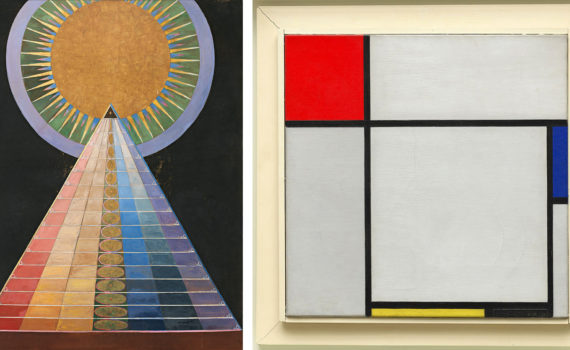
By observing nature more closely, absorbing new scientific theories and spiritual investigations, many modern artists sought higher truths.
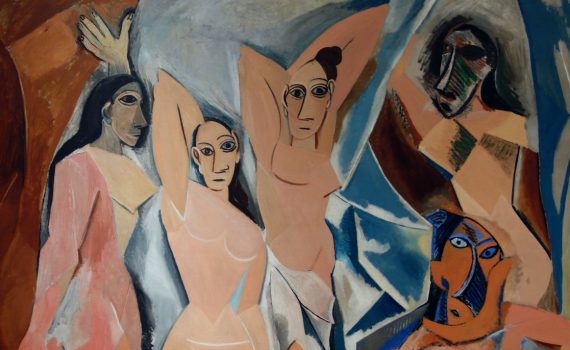
Created in Europe between 1900-39, this set of works includes paintings of urban life and modern factory buildings.
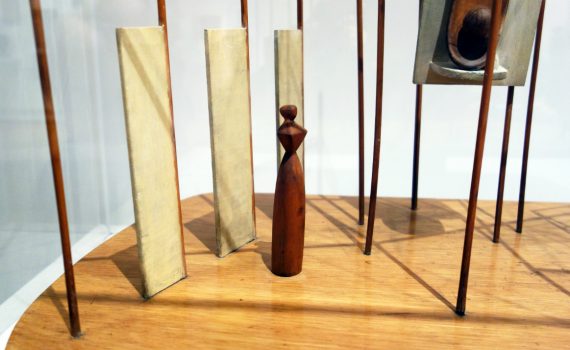
The architectural forms of a dream are constructed as a stage set, ready to be taken apart and reconfigured.
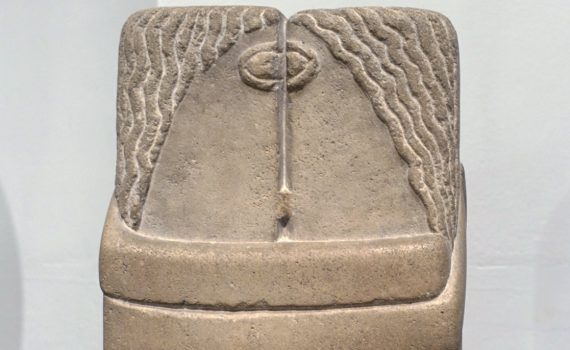
Brancusi retains the materiality of the stone, honoring it rather than denying it as past artists had done.
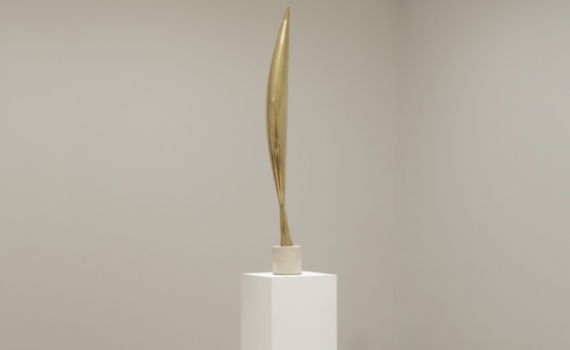
When this traveled from France to the U.S. for an exhibition, customs agents couldn’t believe it was a work of art.
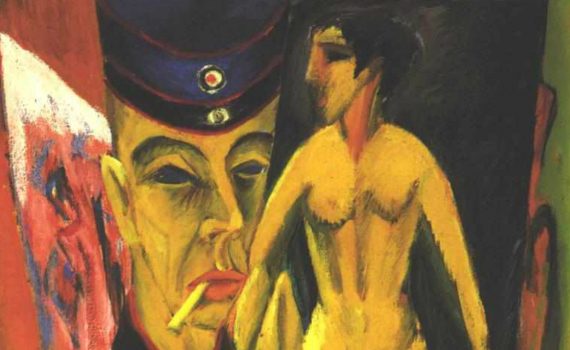
Kirchner is rendered unable to create or destroy in this nightmarish wartime painting.
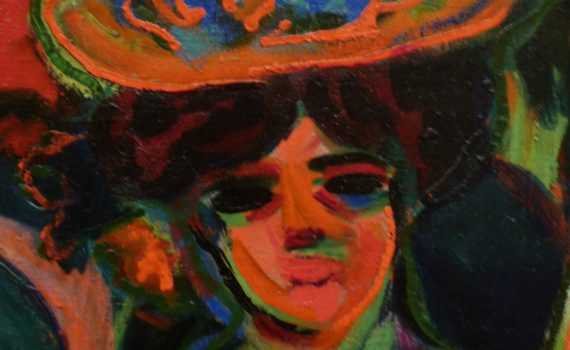
Kirchner defines his city with only the figures: there is not a building in view.
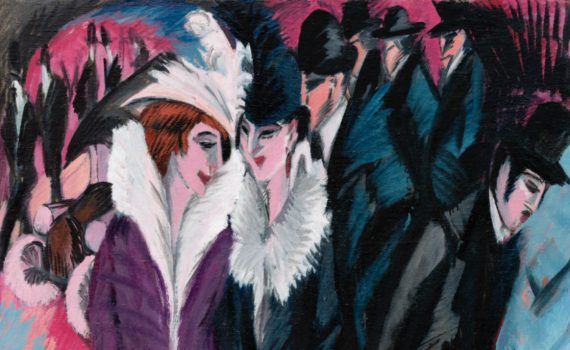
Kirchner’s claustrophobic city scene reflects on a culture where everything is for sale.
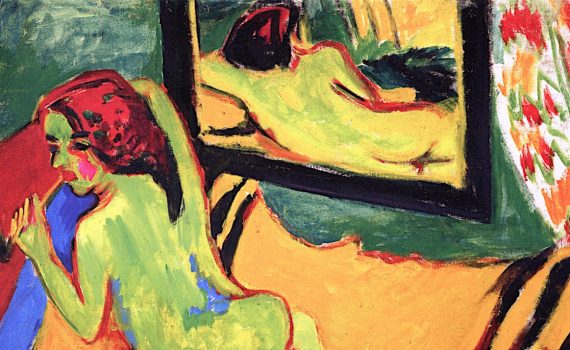
Not a term chosen by the artists, it describes art that emphasized the emotional impact over descriptive accuracy.
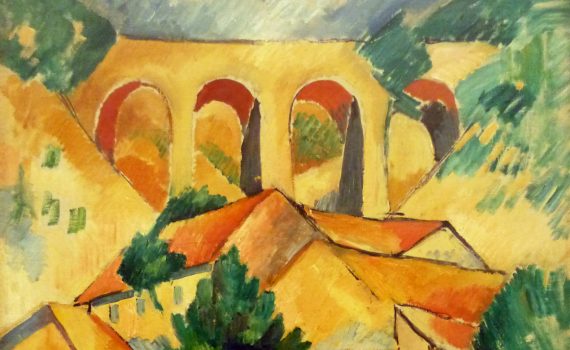
An homage to Cézanne, but also a reaction to having seen Picasso’s Les Demoiselles d’Avignon, Braque is exploring.
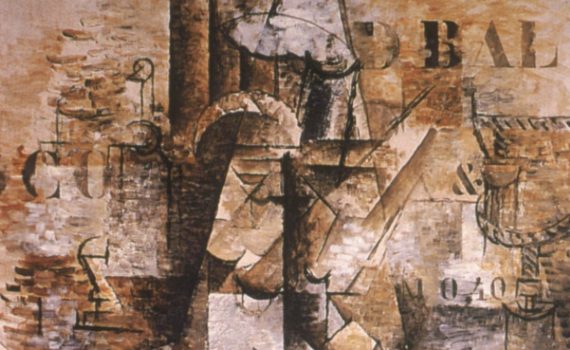
What does this painting by Braque have to do with a cup of coffee?
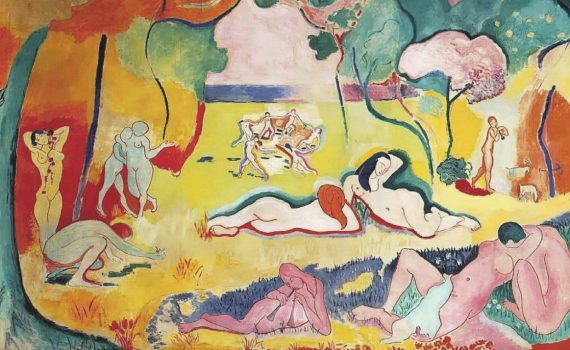
Though its languid poses reference Titian, this was regarded as the most radical painting of its day.